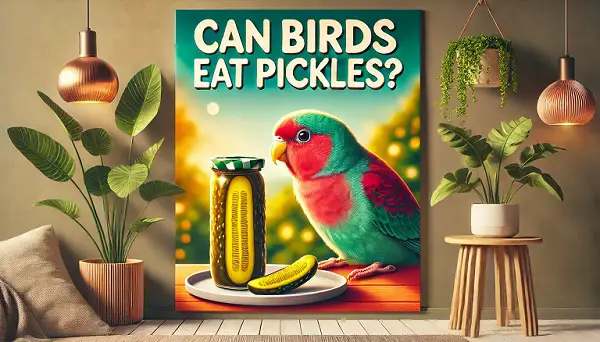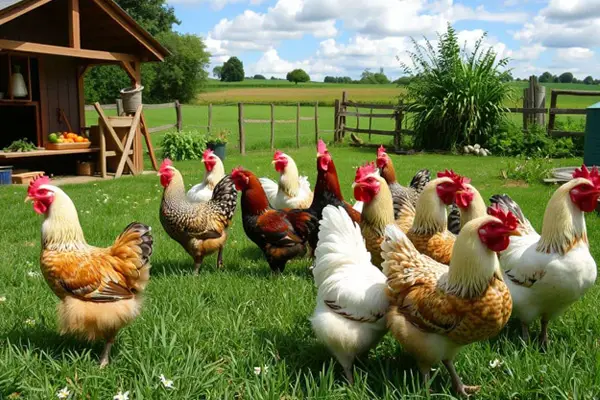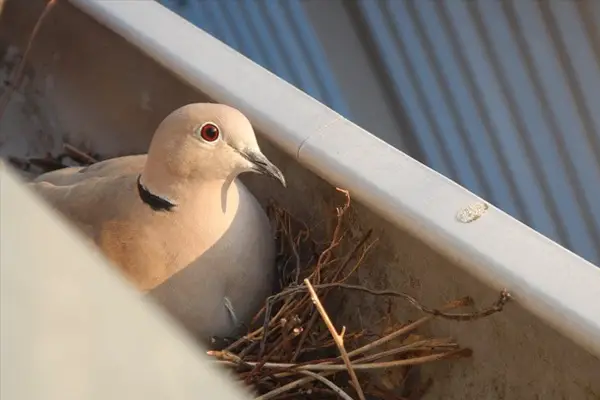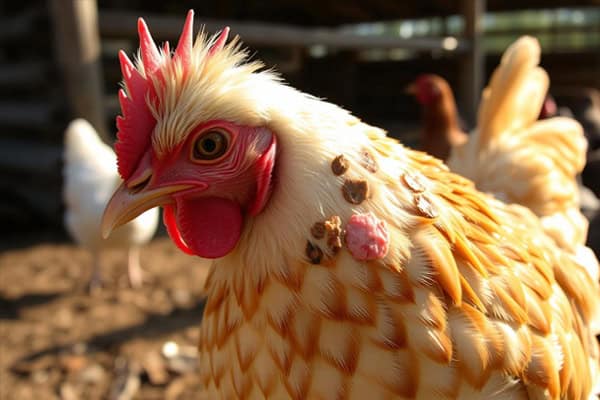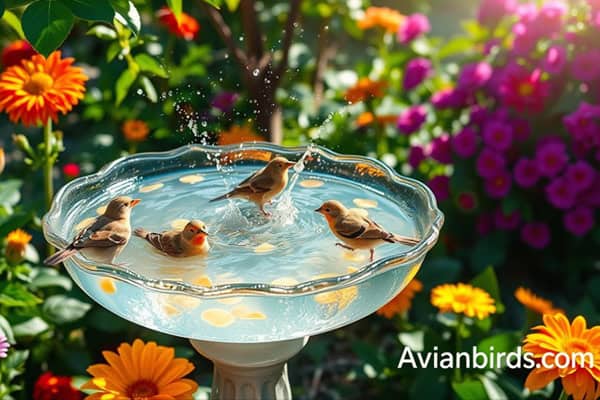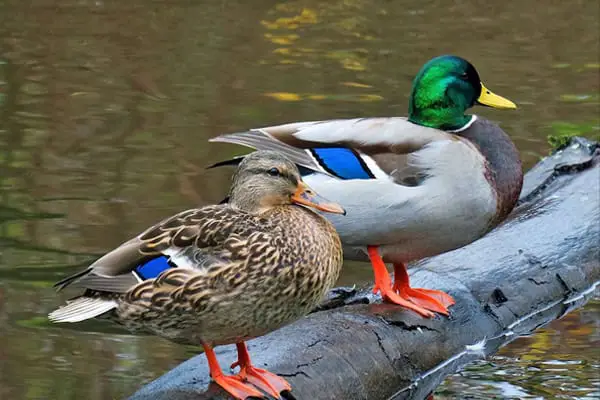Can Birds Eat Pickles? Understanding the Risks and Benefits
What you think Can Birds Eat Pickles? Birds have unique dietary requirements that may leave many pet owners wondering if certain human foods, like pickles, are safe. The short answer is no, birds should not eat pickles. Although pickles are made from cucumbers—an otherwise bird-friendly food—pickling introduces ingredients and chemicals that are not beneficial and may even be harmful to birds.
Why Pickles Are Unsafe for Birds
- High Sodium Content: Pickles are soaked in a salt brine, which gives them their distinctive taste but also drastically increases their sodium content. Birds are particularly sensitive to high levels of sodium, which can lead to dehydration, kidney strain, and even poisoning in severe cases.
- Vinegar and Acidity: Pickles are typically pickled in vinegar or another acidic substance, which can cause digestive upset in birds. Unlike humans, birds have delicate digestive systems that don’t handle acidic or processed foods well.
- Artificial Additives: Many commercially produced pickles contain preservatives, artificial colors, and other additives. Birds’ livers and kidneys are not equipped to filter out these chemicals, and ingesting them could harm a bird’s health over time.
Safe Alternatives to Pickles for Birds
Instead of pickles, consider these healthy treats for birds:
- Fresh Vegetables: Birds can safely enjoy a variety of fresh, pesticide-free vegetables like cucumbers, carrots, and leafy greens.
- Fruits: Blueberries, apples (without seeds), and bananas are great choices for pet birds. Be sure to offer these in moderation due to their natural sugar content.
- Sprouted Seeds: These are packed with nutrients and are easy for birds to digest. They make a great addition to any bird’s diet.
What To Do if Your Bird Accidentally Eats Pickles
If a bird eats a small piece of pickle, it’s unlikely to cause immediate harm, but keep an eye out for any unusual symptoms, such as:
- Increased thirst
- Vomiting or regurgitation
- Signs of digestive discomfort
In the event of serious symptoms, contacting an avian vet is the safest option to ensure your bird’s well-being.
FAQs: Feeding Birds Safely
1. Can birds eat cucumbers?
- Yes, fresh cucumbers are safe and hydrating for birds when offered in moderation.
2. Are any pickled foods safe for birds?
- Generally, no. Any food with added salt, vinegar, or preservatives should be avoided.
3. What vegetables should I avoid giving my bird?
- Birds should avoid avocados, onions, and garlic, as these can be toxic.
4. Can wild birds eat pickles?
- It’s best not to offer pickles to wild birds for the same reasons—they are high in sodium and acidic, which can disrupt their natural diet.
5. Is it okay to rinse the pickle to reduce salt?
- Rinsing might remove some surface salt, but it’s unlikely to make pickles safe due to their acidic and preserved nature.
6. What signs indicate that my bird ate something toxic?
- Symptoms may include lethargy, vomiting, diarrhea, or changes in vocalizations and behavior.
Conclusion
While birds can enjoy a wide variety of fresh fruits and vegetables, pickles are best left out of their diet. Instead, offer them nutritious, bird-safe foods to keep their diet balanced and safe.

